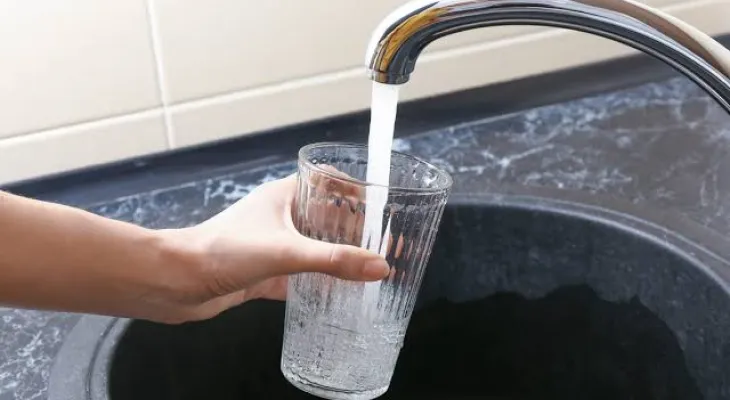
Scientists are calling on ministers to reduce limits on 'permanent chemicals' in UK tap water
To protect public health, the UK government's Royal Society of Chemistry has called for a 10-fold cut in the permissible levels of "permanent chemicals" in drinking water and the creation of a new national chemicals regulator. RSC) stated.
Accredited organizations wish to achieve a reduction in the content of per- and polyfluoroalkyl substances (PFAS) in tap water. PFAS are a group of approximately 10,000 common chemicals that do not easily break down in the environment. Some are thought to be linked to cancer, liver and thyroid diseases, immune and fertility problems, and problems with fetal development.
The current limit for drinking water in the UK, which is a guideline rather than a legal limit, is 100 nanograms per liter for individual he PFAS. The RSC wants to reduce this level to 10 ng/L and introduce a new overall limit of 100 ng/L for a wider range of PFAS in drinking water.
“According to the Department of Drinking Water Inspection (DWI), levels above 10 ng/l represent a moderate or high risk to public health,” said Stephanie Metzger, Policy Advisor at the RSC. “More and more research is linking PFAS to a range of very serious diseases, and new approaches are urgently needed from a public health perspective.”
RSC says his February by Watershed Investigations Guardian of. This indicates that "one-third of the waterways tested had moderate-risk or high-risk he PFAS levels, according to DWI's own classification system." However, DWI classification only applies to treated tap water, and not all bodies of water on the RSC map are drinking water sources.
By lowering this limit, the UK will move closer to the stricter EU limits of 100 ng/l for the sum of 20 specified PFAS in drinking water and 500 ng/l for total PFAS in drinking water. It will be. However, some Member States have gone further, with Denmark setting limits of just 2 ng/l for four individual PFAS, and some countries such as Sweden and Germany We are considering lowering the PFAS limit to 4 ng/l over time. In the United States, the Environmental Protection Agency has proposed lowering the limits for two widely used PFAS, PFOS and PFOA, to 4 ng/L.
Oliver Wrobel, executive director of Euro, the European federation of national water associations, said he expected the UK to be "likely to take action to reduce drinking water limits sooner or later, depending on public pressure". Ta.
For Mr. Lobel, the answer lies in "controlling his PFAS at the source" through stricter regulations of use and manufacturing, rather than trying to eliminate his PFAS that were present in the environment. . “Removal of PFAS from drinking water and wastewater is an environmental disaster because it is extremely energy-, resource- and cost-intensive and incurs additional tariffs,” he said. The EU is considering general restrictions, regulating all approximately 10,000 PFAS as one class




















